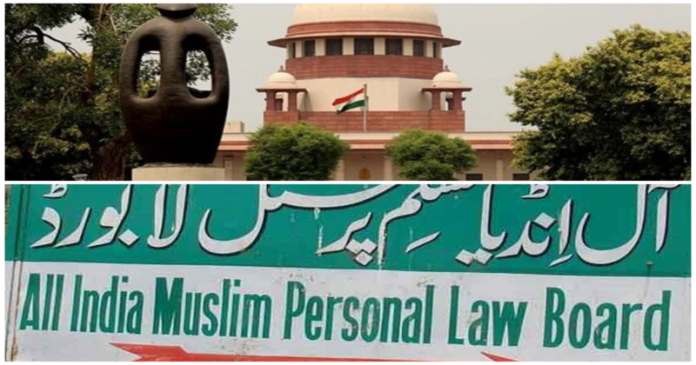New Delhi: The All India Muslim Personal Law Board (AIMPLB) has voiced disappointment over the Supreme Court’s interim judgment on the Waqf (Amendment) Act 2025, calling it incomplete and warning that the provisions left untouched could be misused. The Board stressed that the de-recognition of “Waqf by user” and the compulsory requirement of a Waqf deed go against established Islamic practices.
AIMPLB spokesperson S Q R Ilyas said the Board will continue its “Save Waqf Campaign” and announced a rally at Ramlila Maidan in Delhi on November 16. He emphasized that the interim order failed to address the concerns of lakhs of unregistered Waqf properties.
Muslim organizations responded with mixed reactions. The Jamiat Ulama-i-Hind faction led by Maulana Mahmood Madani said India has more than four lakh Waqf properties under “Waqf by user,” including 1.19 lakh mosques and 1.5 lakh graveyards, and warned that abolishing this category undermines Muslim rights. The group led by Arshad Madani welcomed the partial relief but described the law as a “dangerous conspiracy” against the constitutional rights of Muslims.
In contrast, the All India Pasmanda Muslim Mahaz welcomed the verdict, with national working president Shariq Adeeb Ansari calling it a balanced judgment that secures justice and protects Waqf institutions while safeguarding the rights of Pasmanda Muslims.
The Court has stayed provisions requiring a government officer’s report to confirm Waqf ownership and ruled that no Waqf property shall be dispossessed until a tribunal makes a final decision. It also stayed the requirement of proving five years of professing Islam to establish a Waqf.




